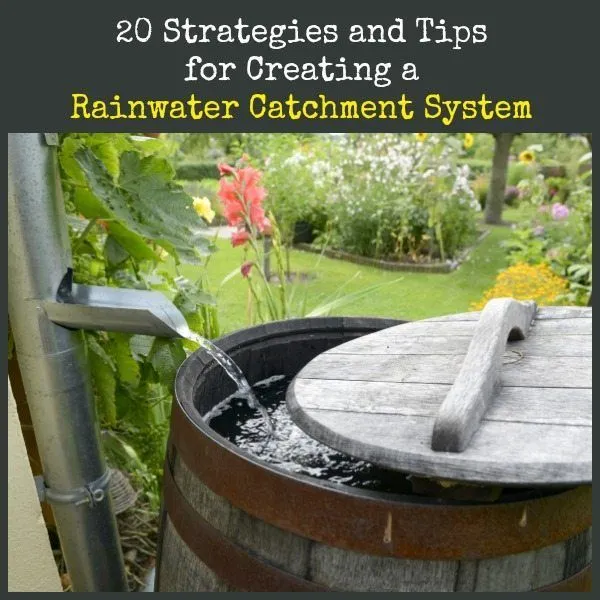Water is one of the most essential resources for human survival. In today’s world, access to clean and safe water is becoming increasingly scarce due to factors such as climate change, pollution, and over-extraction of groundwater. As a homeowner, ensuring that your household has a reliable water supply is crucial. One way to achieve this is by investing in a self-sufficient water system. In this article, we will explore the benefits of self-sufficient water systems and why every homeowner should consider implementing one.
What is a Self-Sufficient Water System?
A self-sufficient water system is a system that allows homeowners to collect, store, treat, and reuse water on their property. This system reduces reliance on municipal water sources and ensures that households have access to water even during times of drought or water shortages. Self-sufficient water systems can include rainwater harvesting systems, greywater recycling systems, and well water systems.
Benefits of Self-Sufficient Water Systems
1. Cost Savings
One of the main benefits of a self-sufficient water system is the cost savings it offers. By collecting and storing rainwater or recycling greywater, homeowners can reduce their water bills significantly. In addition, self-sufficient water systems can help mitigate the impact of water price increases and water scarcity in the future.
2. Environmental Benefits
Self-sufficient water systems are environmentally friendly as they reduce the demand for municipal water sources. By using rainwater or greywater for irrigation and other non-potable uses, homeowners can help conserve precious freshwater resources and reduce their carbon footprint. This can also help prevent pollution and over-extraction of groundwater sources.
3. Water Security
Self-sufficient water systems provide homeowners with water security by ensuring that they have a reliable water supply even during emergencies or water shortages. By storing rainwater or recycling greywater, households can reduce their dependence on external water sources and become more resilient to water disruptions.
4. Independence
Self-sufficient water systems give homeowners greater independence and control over their water supply. By investing in a self-sufficient water system, homeowners can rely less on municipal water utilities and have the flexibility to manage their water usage according to their needs and preferences.
Considerations for Implementing a Self-Sufficient Water System
Before installing a self-sufficient water system, homeowners should consider the following factors:
1. Local Regulations
It is important to check local regulations and obtain any necessary permits before installing a self-sufficient water system. Some areas may have restrictions on rainwater harvesting or greywater recycling, so it is important to comply with local laws and regulations.
2. Water Quality
Homeowners should ensure that the water collected and stored in a self-sufficient water system meets quality standards for its intended use. Water treatment systems may be necessary to ensure that the water is safe for drinking or other household uses.
3. Maintenance
Self-sufficient water systems require regular maintenance to ensure optimal performance and water quality. Homeowners should be prepared to inspect and clean their systems regularly to prevent clogs, leaks, or contamination.
Conclusion
Self-sufficient water systems offer numerous benefits for homeowners, including cost savings, environmental benefits, water security, and independence. By investing in a self-sufficient water system, homeowners can reduce their water bills, conserve freshwater resources, and ensure a reliable water supply for their households. While implementing a self-sufficient water system may require upfront costs and maintenance, the long-term benefits far outweigh the initial investment. Every homeowner should consider the advantages of a self-sufficient water system and take steps to become more self-reliant in managing their water resources.
#Homeowner #SelfSufficient #Water #System
